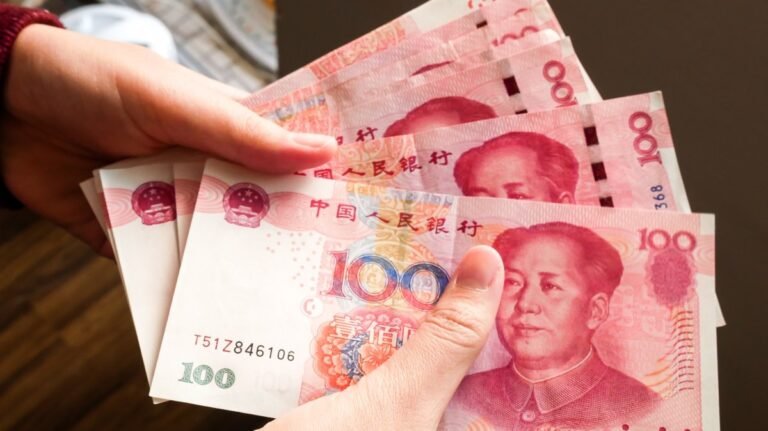Russia will sell its first yuan-denominated domestic government bonds with maturities ranging from three to seven years on Dec. 8, the country’s finance ministry announced on Wednesday, with demand expected mostly from Russian firms trading with China.
The announcement confirmed a Reuters report from Oct. 31 about the planned move, which offers an investment option for the vast amounts of yuan liquidity accumulated by exporters and banks from Russian energy sales to China.
Trade between Russia and China, which have strong political ties, reached a record $245 billion last year. Leaders of the two countries declared a “no limits” strategic partnership in 2022, shortly before Russia’s full-scale invasion of Ukraine.
Russia has been negotiating with China to create a “bridge” between the two countries’ financial markets that would enable Chinese investors to access Russian assets without being monitored by Western regulators, though negotiations have so far yielded no results.
Payment in yuan or rubles
The finance ministry said that Russian banks Gazprombank, Sberbank and VTB Capital, all under Western sanctions, will organize the placement.
It said the volumes of the issues will be set after the books close on Dec. 2. Three financial market sources told Reuters earlier that the ministry plans up to four issues for a combined amount of up to 400 billion rubles ($5 billion).
The ministry said that investors can pay for the bonds and receive coupon payments in both yuan and rubles.
Finance Minister Anton Siluanov said last May that 90% of all trade between Russia and China is conducted in rubles and yuan, without specifying the yuan share.
The bonds will be issued on the Moscow Stock Exchange (MOEX), which is also under Western sanctions, and will be off-limits for a majority of foreign investors, including those from China and other Asian countries.
Dmitry Polevoy, head of investments at Astra Asset Management, said that the issuance volume for the first two bond issues could be between an equivalent of $2 billion and $3 billion, which is comparable to a euro-denominated sovereign bond that matures in December.
“The main buyers will be residents, the demand for the finance ministry’s currency risk will be high, and there are more than enough yuan in the banking system,” Polevoy said.
An economist at a major Western bank, who declined to be identified, pointed out that Russia had a surplus of up to an equivalent of $20 billion in trade with China, which was mostly denominated in yuan.
The economist also said that the bond would help Russia cover its budget deficit, projected to reach 2.6% of gross domestic product (GDP) in 2025 due to increased spending and falling revenues in a slowing economy.
“Russian companies, including those with accounts in Russian banks, are accumulating a yuan cushion that needs to be parked somewhere. Meanwhile, the government has a need for borrowed funds,” the economist said.
Economists did not see substantial demand from Asian or other foreign investors for the bonds.


